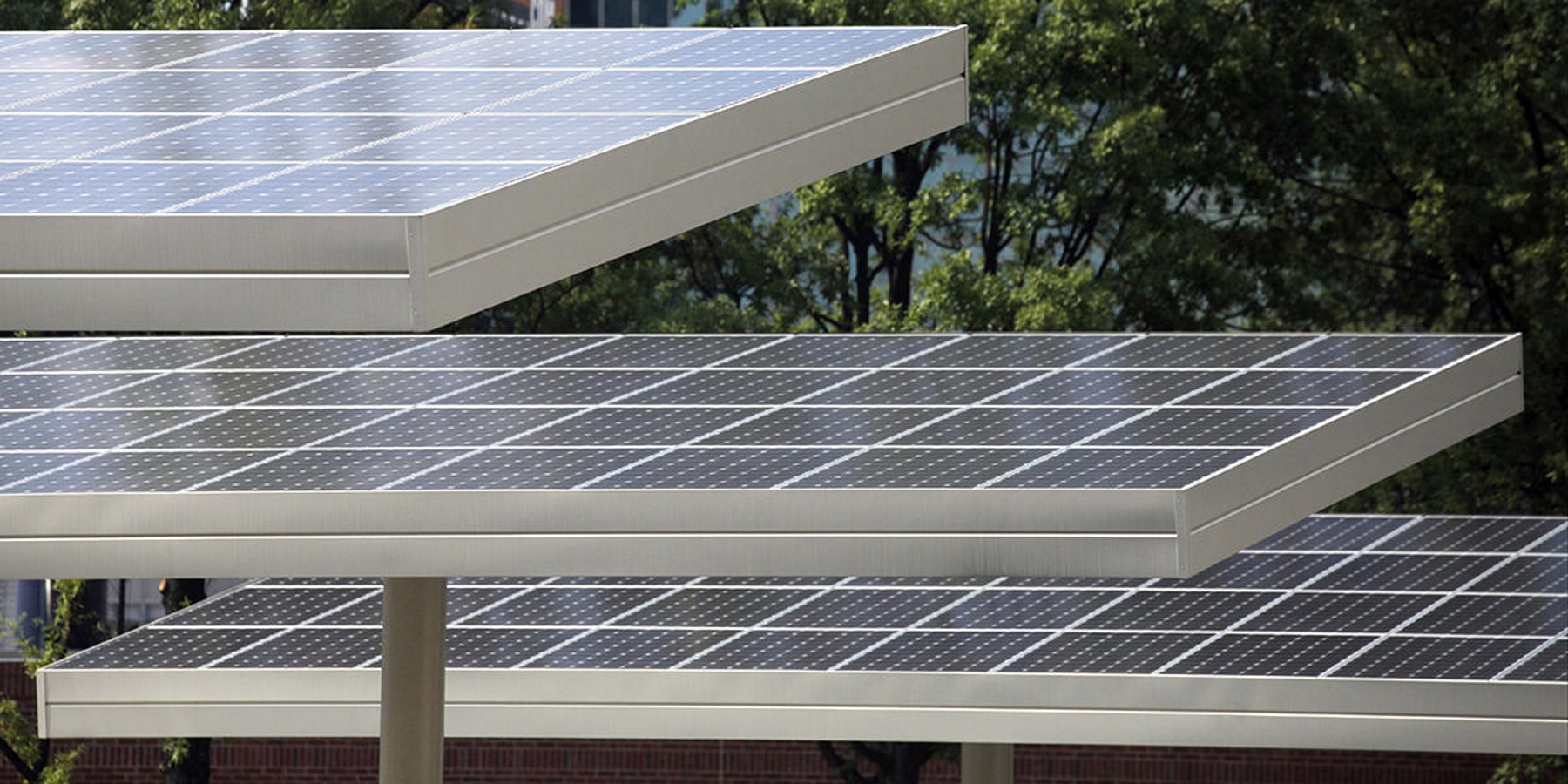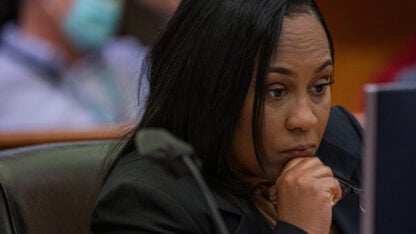Critics Of Plant Vogtle Say Georgia Doesn’t Need New Nuclear

Some critics of the Plant Vogtle project say Georgia Power could get by without the expansion of the nuclear plant. Boosting energy efficiency; adding more renewables, like solar energy; and buying power from other companies have been offered as alternate sources.
Jaime Henry-White / Associated Press file
Next week, Georgia regulators will decide on the future of the country’s only nuclear power construction project.
One big issue is how much completing the expansion at Plant Vogtle will cost, after years of delays, rising prices and the bankruptcy of the lead contractor – and how much of that cost Georgia Power ratepayers are likely to bear.
But another question is, does Georgia even need two additional nuclear reactors? The answer to that one depends who you ask.
Georgia Power says, yes, it needs it. Not only that, but the utility says it’ll need even more sources of electricity just a couple years after Plant Vogtle is supposed to be finished, which is in 2022.
“If we don’t build Vogtle 3 and 4, then our first year of need would be 2024,” Alison Chiock, Georgia Power director of resource policy and planning, said at hearings on the project in November. “If we do build Vogtle 3 and 4, then our need pushes out to 2025.”
The new reactors at Vogtle should have been up and running by now, but the timeline has slipped by five years, and the cost has doubled to more than $22 billion.
How Plant Vogtle affects electric bills, climate change and the U.S. nuclear industry
Meanwhile, the demand for energy didn’t grow as much as Georgia Power projected when it began the Vogtle expansion. The Great Recession took a bite out of business growth and the ensuing expected energy need. Increasing use of energy-efficient appliances has made a difference, too, according to energy consultant Matt Cox, CEO of the Greenlink Group.
“Georgia’s GDP has been growing pretty healthily for the past several years while our electricity consumption has not been doing the same,” Cox said.
According to Cox’s calculations, Georgia Power could get by without the Vogtle expansion. He said the company could boost energy efficiency, add more renewables and buy power from other companies.
Cox testified this week at the Georgia Public Service Commission’s hearings on Plant Vogtle on behalf of critics of the project.
Steve Hewitson, an attorney for Georgia Power, cross-examined Cox during the hearings.
“If you’re wrong, it’s not a big deal, right?” Hewitson asked Cox. “But if Georgia Power’s wrong and they underplan and they don’t have enough electricity, we’ve got five very upset commissioners and a whole lot of customers that are very upset with Georgia Power, right?”
Georgia is the only state in the nation with active nuclear power construction. Earlier this year, South Carolina utilities canceled a similar expansion project. That leaves Vogtle as the only project left of what was supposed to be a “nuclear renaissance.”
“No one in their right mind would start a new nuclear plant from scratch today. It’s twice as expensive as other ways of providing the same energy needs,” said Peter Bradford, a professor at Vermont Law School who served on the U.S. Nuclear Regulatory Commission. He also testified on behalf of Vogtle critics at the hearings this week.
“Even half-finished, it’s not at all clear that it isn’t cheaper to cancel and meet the needs some other way,” he said.
The Georgia Public Service Commission will vote Thursday on whether to allow construction on the two nuclear reactors to continue.







